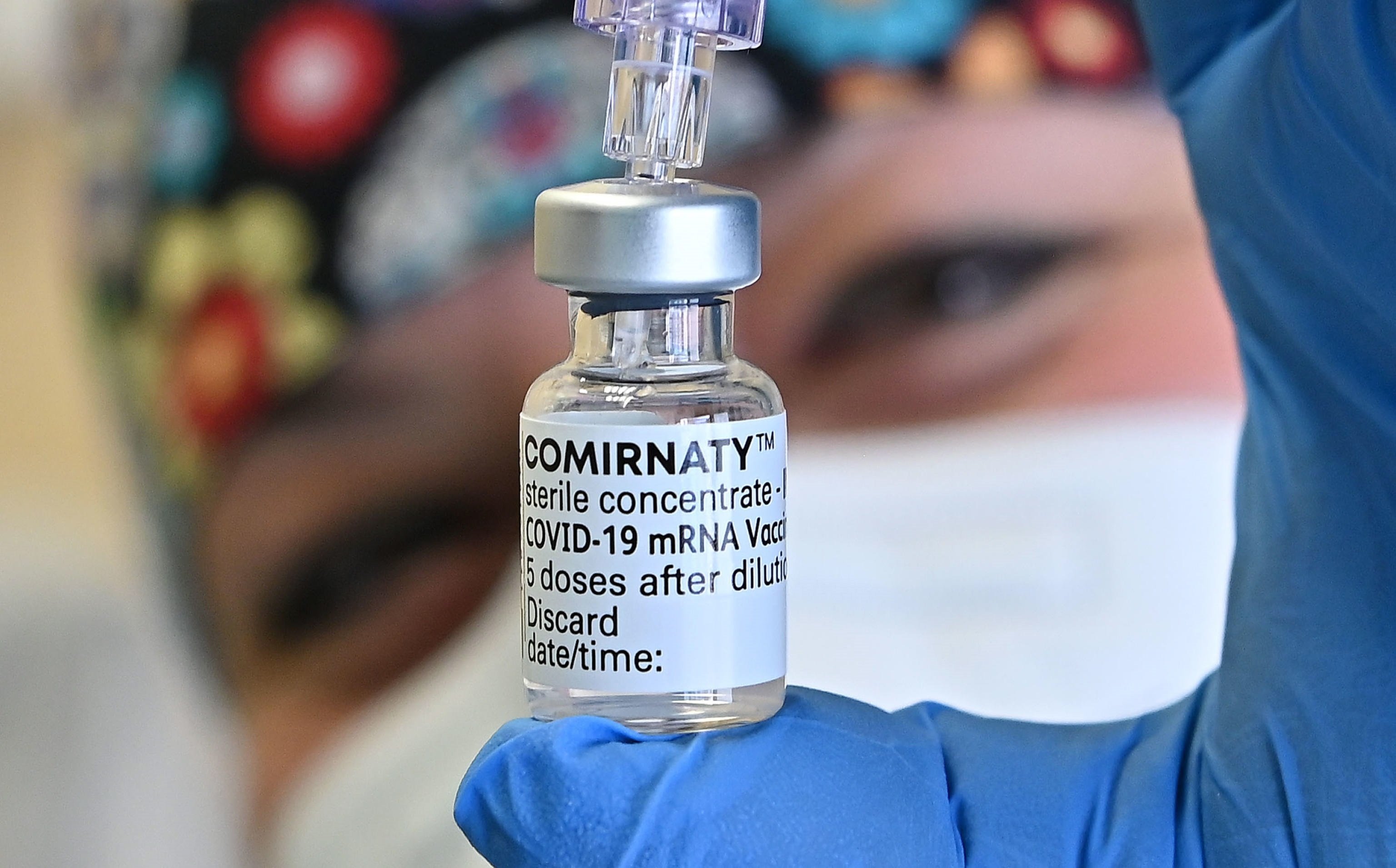In Catalonia, 69,129 doses of coronavirus vaccine have expired. This mean 9,103 vials, about 20 vials per vaccination centre - taking into account that the Catalan health department has 400 centres. Data that in the form of a percentage would not reach 1% - specifically it is 0.6% of vaccine doses out of a total of 11,863,410 doses received. This was explained by the public health secretary, Carmen Cabezas, during the weekly press conference dedicated to the state of the vaccination process in Catalonia.
The reason for the wastage could be miscalculation. During the summer the demand for vaccination dropped, either because people were on holiday and didn't see it as a priority matter, or because those who wanted to get vaccinated had already done so, or were pending the second doses. In this context, the CatSalut administrators calculated or predicted that demand would reactivate in September, when people returned to their normal routines. But it hasn't happened like that. The reactivation has not been as significant as expected. Cabezas explained that they are no longer requesting vaccine consignments from the Spanish ministry in charge of the central acquisition because they already have supplies in the refrigerators, nor are they distributing them from storage centres to vaccination points to prevent them from being damaged.
Past their shelf life, but still in the fridge
Originally thought to only have a shelf-life of five days once thawed, Pfizer vaccines doses are now able to be stored for 30 days. And due to the constant progress, and steadily increasing knowledge on both the vaccines and their storage performance, CatSalut has not disposed of the doses of expired vaccines, but rather continues to store them in the refrigerators, waiting to see if they can still be used or must be permanently removed.
On this subject, Cabezas also wanted to clarify that Catalonia is not the only place in the world where vaccines expire. This has happened, he said, in the United States, France, Poland and Germany. However, these vaccines, she said, could not be sent to other countries because they were already thawed, when they can only be sent frozen.
On the other hand, however, she stressed that it is understandable that it is more difficult to maintain the pace of vaccination now, after about 9 months of the process. "It is normal that there are fewer and fewer people to vaccinate or that each dose requires a series of measures to try to reach the population," said the public health secretary. However, she emphasized the fact that the percentage vaccinated is 80% in people over 40 and 60% in those under 40.
Vaccines for children aged 5 to 12
The secretary also took advantage of the press conference to pass on the vaccination data presented by Pfizer-BioNTech on vaccination for children between 5 and 12 years old, in a trial with 2,200 participants. Cabezas explained that the trial applied a dose three times lower than that for older age groups, that is, instead of the 30 micrograms administered to adults, this age group was tested with a 10 microgram dose.
The immune response, however, remains very similar to that the 16-25 age range, "very high."
What about the third dose?
Julià Blanco, a researcher for IrsiCaixa at Catalonia's Can Ruti Campus, who took part in the press conference, remarked that there is a scientific consensus that the "general population does not need a third dose right now". In fact, she pointed out that it is not necessary even if the level of antibodies is lost over time. In this context, she recalled that, despite the variants, the two-dose vaccine still works "between 60-80% for protection against becoming seriously ill", and against death, "up to 90%".
Main image: Pfizer vaccine dose about to be administered / Efe

